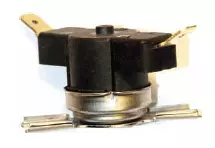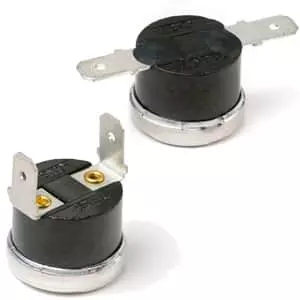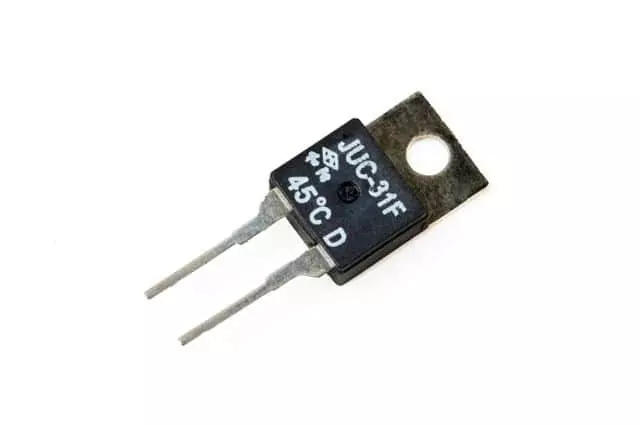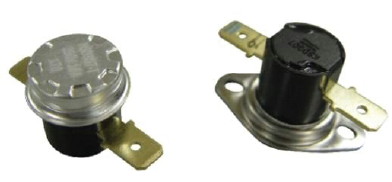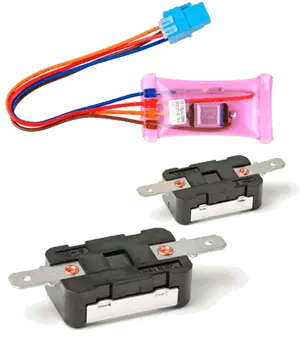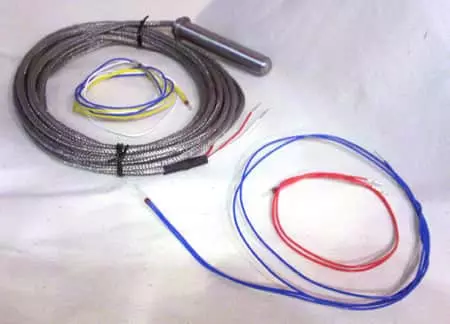 PTC thermistors from Calco Electric are used to detect both increases and decreases in temperature in a variety of settings. PTC thermistors are also known as motor protectors, PTC resistors, or motor protection sensors.
PTC thermistors from Calco Electric are used to detect both increases and decreases in temperature in a variety of settings. PTC thermistors are also known as motor protectors, PTC resistors, or motor protection sensors.
Precise & Accurate Measurements
Thermistors (a word combining thermal and resistor) are negative coefficient resistors that measure and control specific temperatures. Thermistors are more accurate than standard resistors because they only measure specific ranges of heat or cool, making them more precise than general resistors.
Thermistors contain two-terminal electrical elements that can reduce the flow of electricity without changing the voltage levels running different circuits. They are used in a variety of applications:
- Inrush current limiters
- Self-resetting overcurrent protectors
- Temperature sensors (like Negative Temperature Coefficient or NTC)
- Self-regulating heating elements (like Positive Temperature Coefficient or PTC)
If a thermistor measures a rise in temperature, the resistance increases along with the temperature, creating a positive temperature coefficient (PTC) thermistor, unlike a negative temperature coefficient (NTC) thermistor, which decreases resistance with an increasing temperature.
PTC thermistors increase resistance against rising temperatures, effectively protecting products and systems from overcurrent conditions. Typically, PTC thermistors are used in resettable fuse installments. They are made from polymer or ceramic instead of pure metals; polymers and ceramics are much more accurate because they only measure a specific range of temperatures.
PTC Thermistors at Calco Electric
To find a PTC Thermistor for your specific needs, contact Calco Electric today. We are eager to help you find the right product for you!


